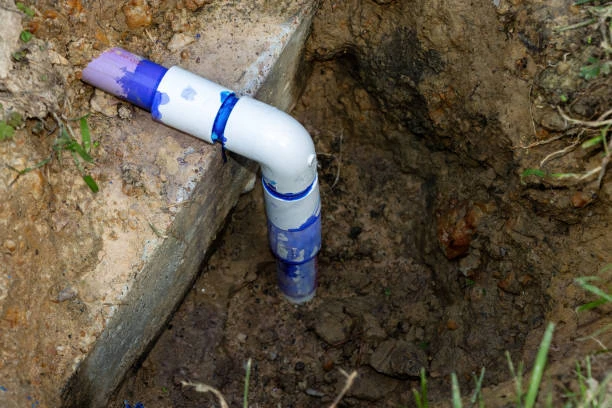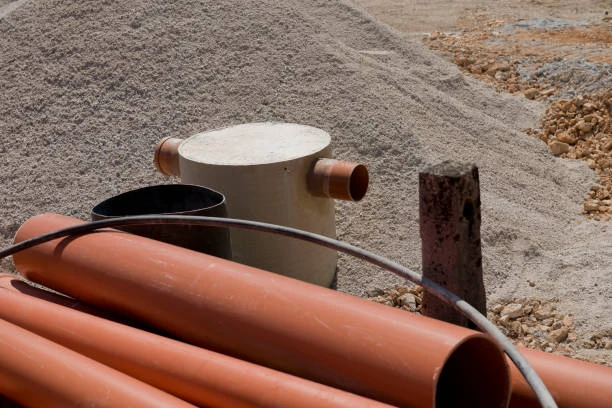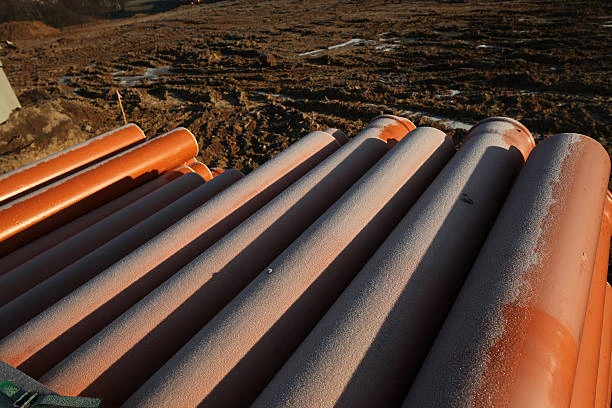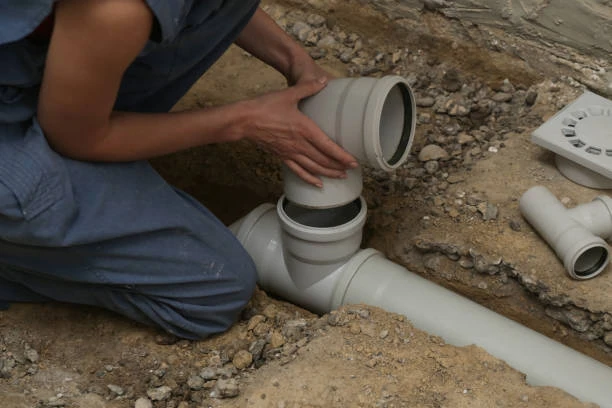Introduction
PVC compression fitting are crucial components in plumbing and fluid systems. However, recent allegations of price-fixing by major manufacturers have rocked the industry. Contractors have filed lawsuits claiming collusion among suppliers to inflate prices, which has had a significant impact on the market. This article delves into the allegations, their implications, and what this means for contractors and consumers.
What Are PVC Compression Fitting?
Definition and Uses
PVC compression fitting connect pipes by using a compression mechanism. They are widely used in residential plumbing, irrigation, and industrial systems for their ease of installation and leak-proof performance.
Importance in Plumbing and Fluid Systems
Their versatility and cost-effectiveness make them indispensable in water distribution, drainage, and chemical transport applications.
The Allegations in the Lawsuit
Key Accusations
The lawsuit alleges that major manufacturers colluded to fix prices, limiting competition and driving up costs for contractors. These practices are believed to have persisted over several years, significantly impacting the market.
Overview of the Parties Involved
Several leading manufacturers and distributors are named in the lawsuit, although specific names remain under legal confidentiality at this stage.
Why Price-Fixing Is a Major Concern
Impact on Contractors and Consumers
Price-fixing eliminates competitive pricing, forcing contractors to pay inflated prices. Ultimately, these costs are passed down to consumers, making essential plumbing components less affordable.
Legal Implications
Collusion violates anti-trust laws, which are designed to promote fair competition and protect consumers from monopolistic practices.
How Price-Fixing Allegations Affect the Market
Disruption of Fair Competition
Price-fixing stifles innovation and prevents smaller manufacturers from entering the market.
Increased Costs for Contractors
With fewer pricing options, contractors face higher operating costs, affecting their profitability and project budgets.
Understanding the Pricing of PVC Compression Fitting
Factors Influencing Prices
Raw material costs, production efficiency, and regional demand significantly influence pricing.
How Pricing Varies Across Regions
Different regions have unique challenges, such as transportation costs and local competition, which affect pricing structures.
Reactions from Industry Experts
Opinions on the Accusations
Industry experts express concern about the allegations, emphasizing the need for transparency and ethical business practices.
Statements from Major Manufacturers
Some manufacturers have denied involvement, while others are cooperating with investigations to clear their names.
The Role of Regulatory Authorities
Investigations into the Allegations
Regulators are conducting thorough investigations to uncover evidence of collusion.
Importance of Enforcing Anti-Trust Laws
Strict enforcement ensures fair competition and protects the interests of contractors and consumers.
Potential Impact on Contractors
Challenges Faced by Contractors
Increased costs make it difficult for contractors to maintain competitive bids, impacting their ability to secure projects.
Possible Ripple Effects on Related Industries
Higher costs in plumbing and fluid systems could affect sectors such as construction and agriculture.
Consumer Implications
Higher Costs for End-Users
Consumers may face inflated costs for plumbing repairs and installations due to higher material prices.
Reduced Access to Affordable Fittings
Price-fixing could limit access to affordable PVC compression fittings, especially in low-income regions.
Legal Framework Surrounding Price-Fixing
Key Anti-Trust Laws
Laws such as the Sherman Act in the U.S. and the Competition Act in other countries prohibit collusion and monopolistic practices.
Notable Past Cases in the Industry
Previous cases have resulted in hefty fines and restructuring of colluding companies.
Steps to Prevent Price-Fixing in the Industry
Promoting Transparency in Pricing
Encouraging open pricing policies can help prevent collusion among manufacturers.
Encouraging Competition Among Manufacturers
Support for smaller manufacturers ensures a diverse and competitive market.
Market Trends Amid Allegations
Shift in Demand for Alternative Materials
Some contractors are exploring alternatives like PEX and CPVC to avoid high PVC fitting costs.

Growth of Small-Scale Manufacturers
Smaller, independent manufacturers are gaining attention as contractors seek affordable options.
How Contractors Can Navigate the Situation
Tips for Minimizing Costs
- Compare prices across suppliers.
- Purchase in bulk to secure discounts.
- Consider alternative materials if feasible.
Exploring Alternative Suppliers
Contractors should seek out emerging manufacturers to mitigate dependency on major players.
Conclusion
The allegations of price-fixing against PVC compression fittings manufacturers highlight significant issues within the industry. If proven, these practices have wide-ranging implications for contractors, consumers, and the market. Addressing these challenges requires strict enforcement of anti-trust laws, industry-wide transparency, and the promotion of fair competition.
FAQs
1. What are PVC compression fittings?
PVC compression fittings are connectors used to join pipes without adhesives, relying on compression for a secure, leak-proof seal.
2. How does price-fixing affect contractors?
Price-fixing forces contractors to pay higher prices for materials, increasing project costs and reducing profitability.
3. Are there alternatives to PVC compression fittings?
Yes, materials like CPVC, PEX, and metal fittings can be used depending on the application.
4. How can contractors avoid overpaying for fittings?
Contractors can minimize costs by comparing prices, buying in bulk, and exploring alternative suppliers.
5. What legal actions are taken against price-fixing?
Regulatory authorities investigate and penalize colluding companies to ensure fair competition and protect consumers.


















